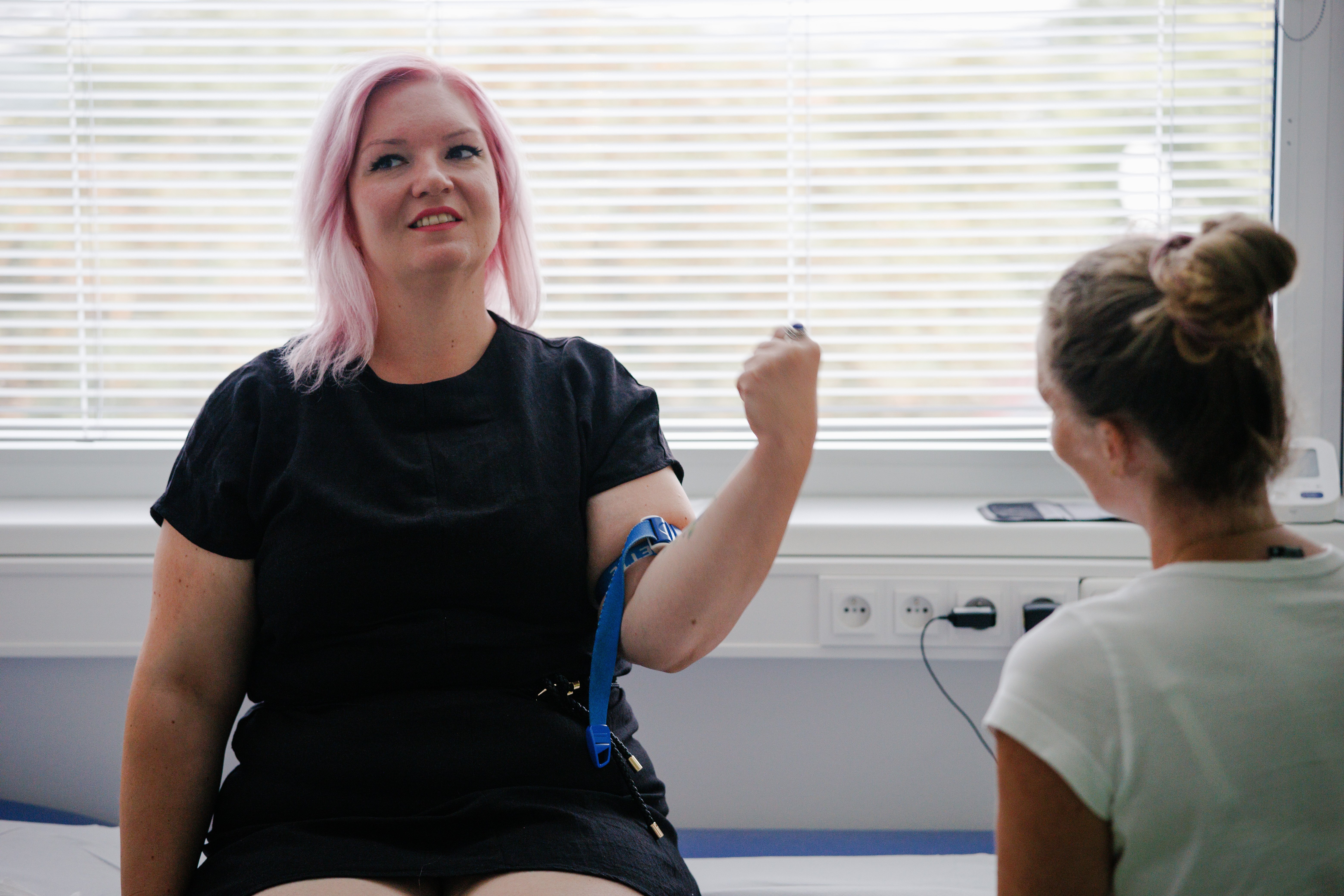Are you doing everything right, but the scale has suddenly stopped moving? Feeling frustrated or demotivated? Don’t worry—this is completely normal.
Weight loss is like walking down a long flight of stairs—there are times when nothing seems to happen, and then, out of nowhere, you see a drop again. The key is to stay consistent and stick with your routine.
The biggest slowdown in weight loss typically occurs after losing the first 10-15 kg. By this point, your body has adjusted to a lower energy intake, and it’s adapting to the changes. Give yourself some time to stabilize and maintain the weight loss you’ve achieved—sometimes, it can take up to a month. If the scale doesn’t budge after that, it may be time to reassess your diet and make adjustments, like increasing protein or fine-tuning portion sizes.

Small Habits Can Have a Big Impact
Often, the little things can prevent further weight loss, even if they don’t seem significant at first glance. For example, sweetening your coffee, snacking on extra nuts, or drinking non-alcoholic beer daily can add up. Another common culprit is the gradual increase in portion size—maybe a slice of bread that used to weigh 60 g is now closer to 80 g.
To get back on track, try weighing your food again and tracking your meals. It’s an easy way to spot where things might be slipping. If you're still unsure, consider booking an appointment with a nutritionist to review your diet and determine the next steps. Be sure to track your meals for at least a week before the appointment, so you have something concrete to discuss.
Post-Surgery Weight Loss Changes
After metabolic-bariatric surgery, weight loss often slows when transitioning from a liquid to a pureed diet. This is completely normal—pureed foods are more calorie-dense than liquids, which can cause a slight reduction in the rate of weight loss. Additionally, much of the initial weight loss after surgery is due to fluid loss, which doesn’t continue as your body adjusts.
Key Principles for Successful Weight Loss Post-Surgery:
1. Measure Your Portions:
- 100 ml during the liquid phase
- 120 ml during the pureed phase
- 150 ml in the regular phase after that
2. Separate Liquids and Solids:
- Drink small sips of liquids in between meals, not with your food.
3. Adequate Protein Intake:
- Protein is essential for feeling full and energized. Without enough protein, you may feel tired, unsatisfied, and crave sweets. Include protein-rich foods in every meal and consider adding protein powder to your drinks.
If you’re ever unsure about your diet, don’t hesitate to reach out to a nutritional therapist!
Author: PhDr. Karolína Hlavatá, PhD., Nutritional Therapist

